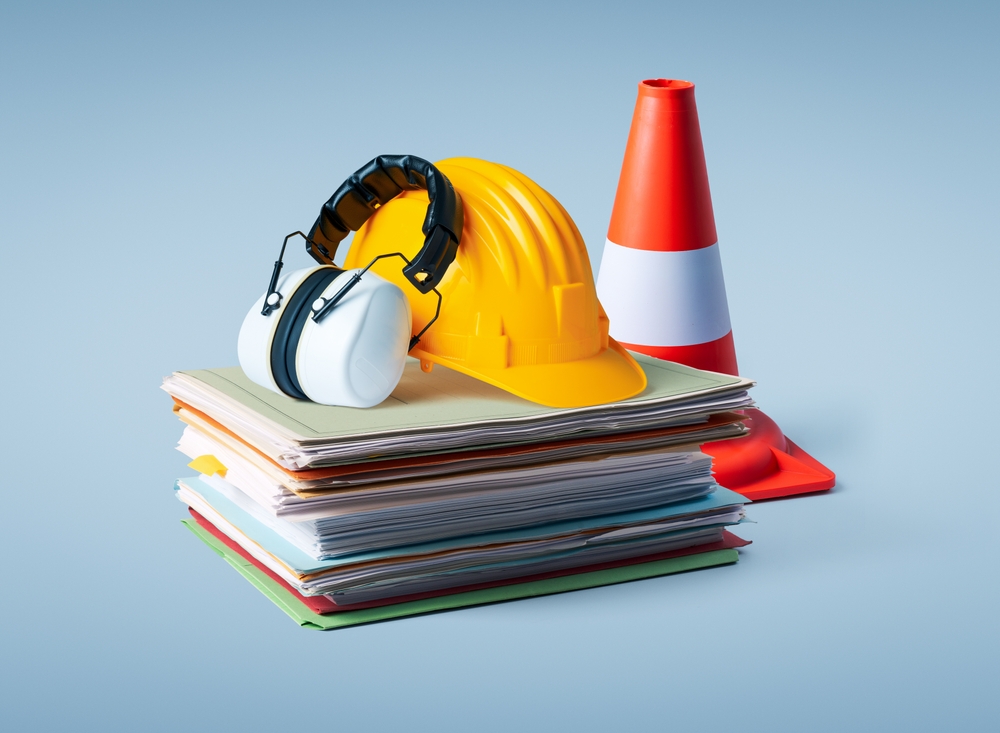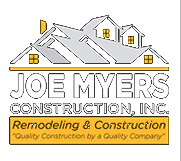
Home renovations can be an exciting way to improve your living space and increase property value. Whether you’re updating your kitchen, adding a new deck, or expanding your home’s footprint, understanding the necessary home renovation permits in Washington is crucial. Failing to obtain the right permits can lead to fines, construction delays, or even being required to remove completed work. This guide breaks down the top permits you’ll need for home renovations across Washington, including specific insights for Snohomish County and the city of Everett.
Building Permits: The Foundation of Any Major Remodel
In Washington, most structural or significant remodeling work requires a building permit. This includes projects like home additions, interior wall removal, major electrical work, and foundation changes. Homeowners often ask, “Do I need a permit to remodel in Everett, WA?” The answer typically depends on the scope of your project. For instance, cosmetic updates like painting or flooring generally don’t require approval, but projects that affect the structure, plumbing, or electrical systems almost always do.
Building permits ensure your remodel complies with the Washington State Building Code, local zoning laws, and safety standards. When you apply, city or county inspectors review your plans to confirm compliance with state and local codes. After approval, periodic inspections ensure the work meets the approved design. In Everett, the city’s Building Division handles these permits and typically requires digital submissions through their online permitting portal.
In Snohomish County, the process is similar but handled at the county level. The Department of Planning and Development Services (PDS) manages building permit applications. If your property is outside city limits, you’ll likely work with the county rather than a local municipality. Always check whether your renovation site falls within a city boundary, as that determines where you’ll apply for permits.
Electrical Permits: Ensuring Safe Power Systems
Electrical systems are a critical part of any renovation. Whether you’re adding lighting fixtures, upgrading a breaker panel, or wiring a new home addition, you’ll need an electrical permit. These are issued either by your local jurisdiction or by the Washington State Department of Labor and Industries (L&I), depending on where you live.
For homeowners in Snohomish County, the L&I office in Everett typically handles electrical permits unless your city has its own electrical inspection department. Hiring a licensed electrical contractor is often the easiest way to navigate the process since most professionals include permitting and inspections as part of their service.
Electrical permits ensure that all installations comply with the National Electrical Code (NEC) and local safety rules. Proper permitting not only guarantees safety but also protects you when selling your home. If you sell your house without having obtained proper permits for electrical work, the buyer’s inspection could uncover unpermitted changes, potentially jeopardizing the sale.
When planning your home renovation permits, don’t overlook small projects like adding outlets or installing a new circuit for a hot tub or electric vehicle charger. These changes might seem minor but still require authorization and inspection to ensure compliance with Washington’s safety regulations.
Plumbing Permits: Managing Water and Waste Systems Correctly
Plumbing changes almost always require a permit, especially if they involve moving or installing new water or sewer lines. Whether you’re renovating a bathroom, adding a kitchen island sink, or upgrading to a tankless water heater, the county or city will need to review your plans.
In Everett and Snohomish County, plumbing permits are typically managed through the same portal as building permits. They confirm that all new piping, drains, and fixtures comply with the Uniform Plumbing Code and are properly connected to municipal or private water systems.
If you live outside city limits and rely on a well or septic system, additional approvals from the Snohomish Health District may be required. These extra steps ensure that your renovation doesn’t contaminate groundwater or overload your septic system. It’s a common oversight among homeowners starting remodels in rural parts of the county.
Working with a licensed plumber simplifies the permitting process because they understand inspection requirements. However, Washington law does allow homeowners to pull plumbing permits for their own residences, as long as they perform the work themselves. Still, inspections are mandatory, even for DIY projects, to ensure water systems are installed safely.
Mechanical Permits: Regulating Heating, Cooling, and Ventilation Systems
Mechanical permits cover heating, ventilation, and air conditioning (HVAC) work, including furnaces, ductwork, gas piping, and heat pumps. Because Washington’s climate varies widely, many homeowners upgrade to efficient systems during remodels. Whether you’re converting from oil to gas, adding central air, or installing a ductless mini-split system, a mechanical permit is required.
The reason these permits are essential is that mechanical systems affect indoor air quality and energy efficiency. Improper installation can cause carbon monoxide leaks, poor ventilation, or system failure. For homes in Snohomish County, the mechanical permit process is similar to that for building permits, and you can apply through the PDS online portal. In Everett, mechanical permits are handled by the city’s Building Division.
A mechanical permit also covers gas line extensions for appliances like stoves, fireplaces, or outdoor grills. Homeowners often overlook these when planning kitchen renovations or backyard upgrades, but gas systems require careful oversight to prevent leaks or hazards. The cost of these permits varies based on project size and system type, but they are a small investment compared to the safety assurance they provide.
In Washington, energy efficiency codes also play a role. Many HVAC projects must meet the Washington State Energy Code, which mandates equipment efficiency standards and proper insulation levels. By obtaining a mechanical permit, you’ll ensure your new system meets both safety and environmental requirements.
Land Use and Home Addition Permits: Expanding Your Property the Right Way
Home additions are some of the most regulated renovation projects. Washington home addition permits ensure that expansions comply with zoning, land use, and environmental laws. Whether you’re adding a bedroom, expanding your kitchen, or constructing a detached accessory dwelling unit (ADU), you’ll need to navigate several approval layers.
First, your project must comply with local zoning laws regarding lot coverage, building height, and property setbacks. In Snohomish County, the zoning code defines what types of additions are allowed in specific residential zones. For example, you might need additional permits if your property is near wetlands, flood zones, or critical habitats. Environmental review under the State Environmental Policy Act (SEPA) may also be required for larger projects.
In Everett, the city’s Planning Division oversees land use permits for home additions. Depending on your project, you might need site plan approval before applying for a building permit. This is especially true for large additions or multifamily properties.
Home addition permits in Washington also often involve coordination between multiple departments, including public works (for drainage), fire safety, and environmental health. These extra reviews ensure your addition won’t create flooding issues or violate neighborhood design standards.
For homeowners planning substantial additions, hiring a licensed architect or engineer is highly recommended. They can create detailed site plans that meet all local requirements and streamline the permit review process. This professional guidance can save weeks of back-and-forth with city or county officials.
Conclusion
Home renovations in Washington State can significantly improve comfort and property value, but they also require careful attention to permitting. Whether you’re in Everett, Snohomish County, or another Washington community, you must obtain the proper home renovation permits before starting work. Building, electrical, plumbing, and mechanical permits ensure that your project meets state and local codes while protecting your safety and investment.
If you’re planning to expand your home, home addition permits are especially important, as they often involve land use and zoning regulations. Always verify which jurisdiction you fall under and contact your city or county planning department early in the design process. Doing so prevents costly mistakes and ensures your renovation proceeds smoothly.
By understanding what permits are required and following the correct procedures, you can focus on the exciting part of your renovation: creating a beautiful, functional space that enhances your home for years to come. Whether you’re wondering “Do I need a permit to remodel in Everett, WA?” or preparing for a large-scale remodel in Snohomish County, taking time to secure the right approvals will keep your project compliant and stress-free.
Contact Us Today!
If you’re looking for custom affordable home renovation ideas in Everett, WA, Joe Myers Construction Inc. is here to help. Simply contact us today to discuss your project and discover how we can transform your home within your budget. We look forward to working with you and turning your renovation dreams into reality.
